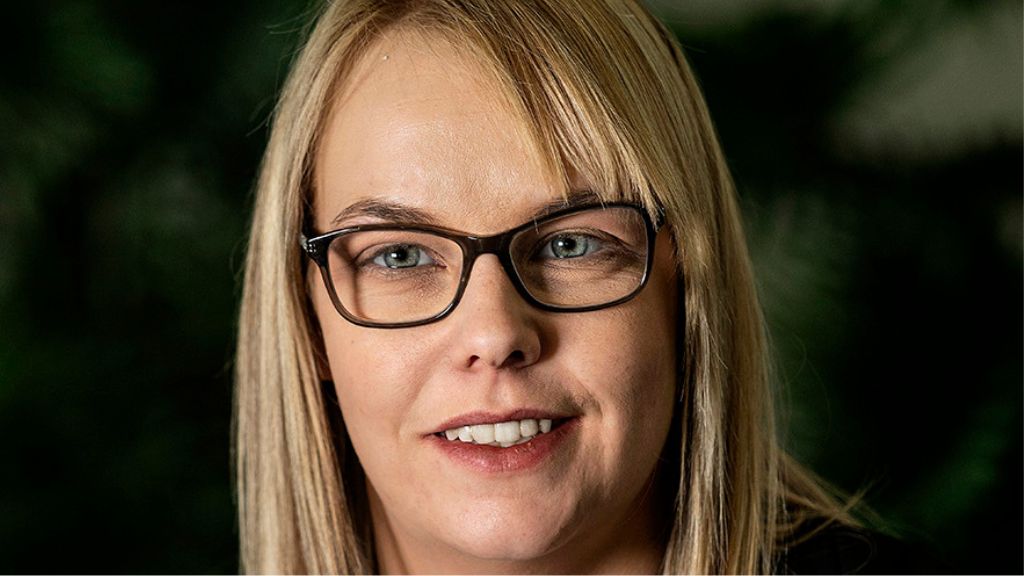Asleep on the job
Many social care providers will be hugely relieved at the Supreme Court ruling last month that workers on sleepover shifts should not be paid the national minimum wage, but the decision could be a double-edged sword as many struggle to recruit and retain staff. Rob Munro reports.
In a decision that will bring relief to social care providers in England and Wales, the Supreme Court has ruled that workers on ‘sleepover’ shifts are not eligible to be paid the national living wage (NMW).
The long-awaited outcome of an appeal by the charity Mencap against a previous High Court ruling that workers are not entitled to full pay for sleepovers was widely welcomed across the sector which faced a £400m bill if the judgement had been over-ruled as workers would have been able to recover up to six years underpayments and HMRC could have imposed fines on employers of up to £20,000 for each underpaid worker.
The Supreme Court accepted previous government recommendations that workers who perform sleep in shifts should not receive the NMW for hours spent asleep and should only be paid at NMW rates when they were awake for the purposes of working.
Employers are expected to compensate them at a lower rate for the time they are contractually required to be at work but are allowed to sleep.
Siobhan Mulrey, an employment law specialist at law firm Irwin Mitchell said that while employers will welcome the ruling, it will be a significant blow to poorly-paid care workers.
“Care organisations will breathe a huge sigh of relief as, had the Supreme Court ruled against them, they would have faced huge and, for many, unaffordable liabilities. On the other hand care workers will be very disappointed, particularly as they perform a vital service, yet are some of the poorest paid workers in our society.
Matthew Hendra, a senior associate and employment lawyer in the health & social Care team at Royds Withy King said the decision was made in the spirit of the original legislation.
“The Supreme Court found that parliament had always intended there to be an exception for sleep-in shifts and they overruled a whole body of previous cases,” he said.
“The Supreme Court agrees with the Court of Appeal that sleep-in shifts are not working time for the purposes of national minimum wage laws and this will apply to all workers where the arrangement is for them to sleep on premises subject only to emergency calls.
“Not a victory”
Mark Milton, chief executive of Ambient Support, gave the ruling a muted welcome and called for better funding for social care.
“There would have been a severe impact on our ability to continue to deliver quality care and support if the ruling had gone the other way – but this is not a victory for employers like us,” he says.
“We support any move to deliver fair and equitable pay for social care staff for the brilliant work they do. But local authorities and the NHS have to give us the funding for that pay – and government has to give them the means for that funding.
“This is only one of many critical issues that need to be resolved to keep the social care system from collapse. We will continue to work with others in the sector to voice our concerns and to press politicians to urgently resolve the crisis in the care system.”
Others agree that the government should fund services to allow providers to pay workers “appropriately”.
“While this judgment removes a serious risk for providers, the long-term stability of the UK social care sector hangs in the balance,” says Matthew Wort, partner at Anthony Collins Solicitors.
“Now is the time for central government to increase its investment in the social care sector, providing the funding local authorities need to maintain healthy care markets. This is critical to enabling providers to remunerate their staff appropriately for the work they do, maintaining financially feasible services of a high standard’” he said.
Recruitment implications
Employment experts are saying that while the decision is likely to be welcomed by employers in a sector which is already financially challenged, the decision could create difficulties in recruiting people into social care.
“The Supreme Court has now brought to an end this long running issue of whether staff can receive the National Minimum Wage whilst asleep on duty – even where they are woken on numerous occasions during the night,” says Jodie Sinclair, partner from Bevan Brittan.
“Understandably this decision will come as a great disappointment to many social care staff across the sector who have been working incredibly hard, particularly during the pandemic. Many will already be feeling that they are not properly paid for the work that they do,” she said
“The Supreme Court decision may impact on the ability to attract and retain staff in the sector which would compound an existing significant skills gap. However, given the ongoing uncertainty regarding the long-term funding of the care sector, this decision will not solve many of the wider financial challenges facing the sector.
Sinclair raised the prospect of workers facing significant reductions in their pay for work the currently do.
“Care providers should review their contractual arrangements with staff, who may already be paid for every hour of a sleep in, where the Courts have found that this is not a requirement,” she say.
Mulrey of Irwin Mitchell warns that the ruling could have implications for other workers delivering domiciliary care.
“Although this decision only directly applies to workers whose main purpose is to sleep at or near their place of work, it may open wider arguments about the correct pay for other home workers. It’s possible that home workers will find it more difficult to argue they are working throughout their shifts, rather than simply being ‘available for work’.
“So, whilst this decision marks the end of the road for sleep in shift arguments, there’s likely to be further litigation around pay for home workers,” she says.
And Matthew Hendra warns that, despite the positive ruling, there remained potential areas for dispute over the precise nature of sleep-in shifts
“There still some key issues that now need to be addressed. Care providers and employers must still ensure that workers are expected to sleep. Where interruptions are known to be frequent then it will likely be more difficult to argue that the exception applies,”he says.
“The Government, in response to the earlier ruling of the Employment Appeal Tribunal, introduced a Social Care Compliance Scheme for providers to declare their non-compliance to HMRC and repay staff.
“The Government must clarify what will happen to those providers who joined the Scheme and any HMRC enforcement action must be abandoned. The Government must still take the opportunity to find a sensible solution to the funding crisis affecting the sector.”
“A missed chance”
Meanwhile the GMB union has hit out at the decision, saying it was “a missed chance to address the low pay or carers”.
Not many people would be able to sleep knowing they could be called to action at any moment, says the union.
Sue Harris, its legal director, says: “It essentially means if you are at your employers’ premises – not at your home – able to sleep, but know you may be disturbed at any time during that sleep, then those hours don’t count for the purposes of working time.
“Not many people would be able to sleep knowing they could be called to action at any moment.”
She added that the ruling came at a time when public respect for care workers was extremely high and that some of the most disadvantaged members of the workforce would be negatively affected.
“We have seen throughout the pandemic the wonderful work that carers do, they are the group in our society most likely to be on the minimum wage and that they are predominantly women and predominantly Black, Asian, Minority Ethnic employees. This was a chance to address one of the reasons for the low pay of carers, it’s a shame it wasn’t seized upon,” she said.




